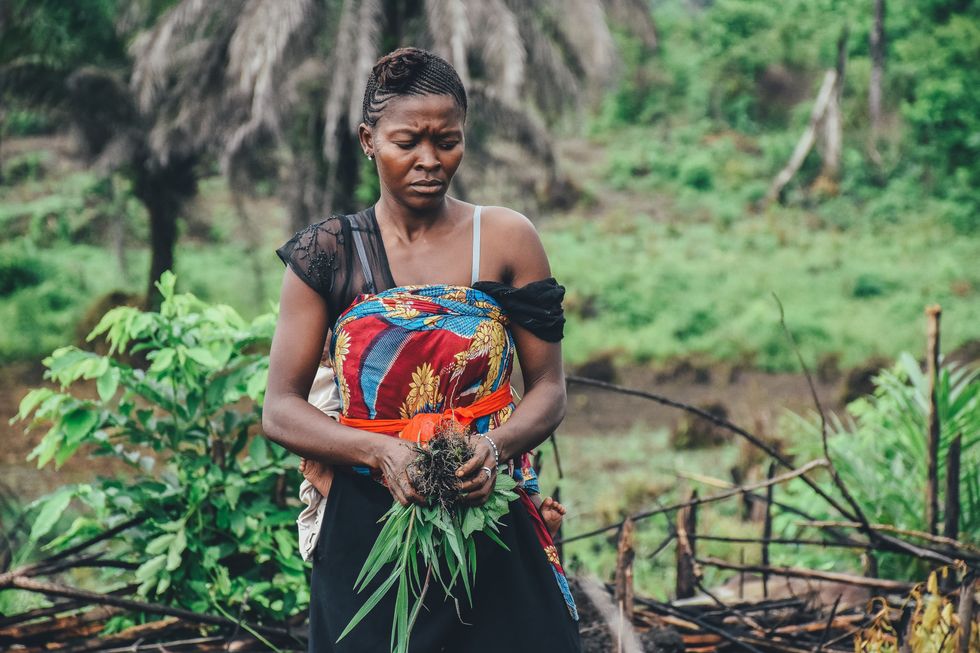Rape and sexual violence have now been declared a national emergency by the Sierra Leone President Julius Maada Bio. This declaration comes after a series of cases involving the rape of minors in the country.
Bio stated that there are hundreds of cases of rape and assault reported each month in Sierra Leone against women, girls, and even babies as young as one month old. He added that around 70 percent of the victims are under the age of 15. This statistic came from the Rainbo Center, a nonprofit that offers free health care and psychological service to sexual violence survivors. However, the number of actual cases is likely much higher, since many of these instances go unreported.
Currently, the prison statement for a rapist has a maximum penalty of 15 years. But, many walk free as few cases have been prosecuted. The President was verbal in his declaration saying that sex with a minor "is punishable by life imprisonment."
Last week, President Julius Maada Bio outlined his ambitious plans on how to fix Sierra Leone's rape crisis. He spoke of having free hospital care to rape victims, creating special police and court divisions devoted to sexual violence and a national phone hotline to speak to the victims. In his speech, he tasked the police with creating a specific division to "to speedily handle all cases of rape and sexual penetration of minors" while also asking that all cases of rape and sexual violence be considered as an aggravated assault.
Women's rights groups have welcomed Bio's plan with open arms. But it is now up to Sierra Leone's government to enforce these policies so that the lives of the country's women and girls can improve.
However, making these goals attainable is a rough process. While declaring a national emergency gives the president the ability to offer policy without asking for parliamentary approval, the plans lack necessary funding. In his plan, Presiden Bio did not outline the cost of the services nor where the money will come from.
Some of Sierra Leone's lawyers have urged the president to make amendments to the law, rather than unilaterally announce legal changes. In a written statement, the Sierra Leone Bar Association encouraged the "government to consider amending… the Sexual Offences Act … to ensure that there is no argument or debate about the punishment of life imprisonment." They also called for other legal changes, such as banning child marriage.
President Julius Maada Bio's plan comes after he heard on the radio a report of a three-month-old child who was raped and then died within weeks of him taking office. His wife, Fatima Maada Bio, said: "He knew he could not stay silent anymore." The President referenced the case of the three-month-old child when making the announcement, calling it a despicable crime.
One thing is for sure, life for women in Sierra Leone isn't safe. With the sexual assault and rape rates high, the country needs to take action to protect its women. Hopefully, with the implementation of Bio's goals, Sierra Leone can be on its way to gender equality.

















